Alcohol, Bacteria, Christmas. A Festive ABC.
With the holidays a few days away, perhaps you’ll join me in a small glass of eggnog, traditionally souped-up with a shot of rum.
Early American settlers, by the way, drank their rum from carved wooden mugs called noggins, which may be how the egg-and-rum mixture got its name.
Now I’m sure you won’t be surprised to learn that alcohol consumption goes up during the winter holidays, with figures suggesting Americans drink 28% more than their monthly average in December.
But while an alcoholic drink or two may sometimes help the party go with a swing, what effect does it have on your microbiome?
Let’s begin our brief investigation with an Old Wives’ Tale which suggests that drinking alcohol with a meal prevents food poisoning.
After all, alcohol is widely used for its antibacterial qualities.
For instance, it forms a significant part of hand sanitizers like Purell, which claims to “kill 99.99% of the most common germs that may cause illness in as little as 15 seconds”.
Wow, if ethyl alcohol can do that to your hands, could it do the same for your gastrointestinal tract?
Surprisingly, the answer could be yes.
According to a 2002 study in the journal Epidemiology, Spanish health officials investigated an outbreak of salmonella among people who’d eaten contaminated potato salad and tuna at a banquet. They found that sickness levels were lowest in those who’d consumed large amounts of beer, wine or spirits.
Bottoms up, then.
Let’s raise our glasses to the Spanish, as we have them to thank for another intriguing alcohol and bacteria study.
Research in 2012 suggested that people who drank two glasses of dry red wine a day (the researchers served Merlot) had higher levels of beneficial bacteria like Enterococcus, Prevotella, Bacteroides, and Bifidobacterium.
But while the wine seemed to help, other participants drank gin, which brought no bacterial benefits, leading the scientists to conclude that it was the red wine’s polyphenols and resveratrol (a bacteria-busting phenol found in the skins of grapes) that did the trick, rather than its alcoholic content.
Of course, moderation is crucial.
People who become alcohol-dependent often end up with severely affected microbiomes.
In fact, alcoholism can lead to a nasty condition called leaky gut, where bacterial metabolites pass through the GI tract into the bloodstream.
And trust me, you don’t want a leaky gut.
But perhaps alcohol only damages the microbiome if it’s misused over a long period?
Surely one party can’t do much harm?
Think again.
Researchers at the University of Massachusetts Medical School recruited 25 healthy individuals for a binge-drinking session, during which participants were instructed to knock back 2 mL of vodka for each kg of body weight (between four and five shots for an average person).
Blood samples, tested for bacterial DNA, showed a disturbing 50% increase an hour after drinking.
Levels were still significantly higher 24 hours after the party, er, experiment.
Finally, before we leave the fascinating world of the holidays and the microbiome, a friendly reminder that this time of year can be a vicious one for foodborne bacterial infections including Salmonella, Staphylococcus aureus, and Listeria monocytogenes, so please do your very best to keep your kitchen surfaces well-wiped, ensure all food is properly cooked, and wash those hands – perhaps even resorting to the hand sanitizer.
Mind you, whatever you do, don’t be tempted to down a slug of Purell.
Apparently the manufacturers of sanitizers purposely add a bitter taste to their products to make them unpleasant to drink.
So I’d stick to the Merlot, Cabernet Sauvignon, or Syrah if I were you.
Cheers.
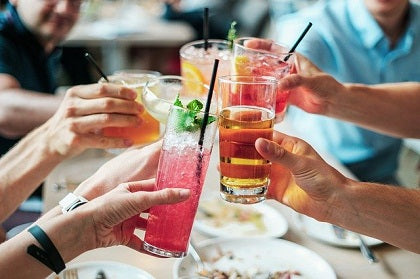

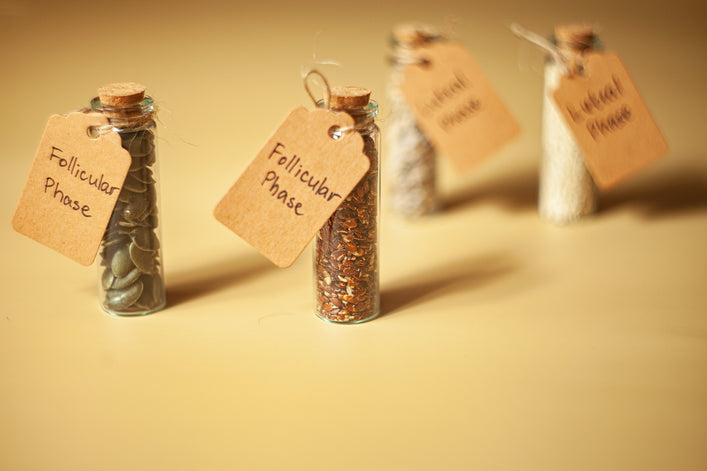
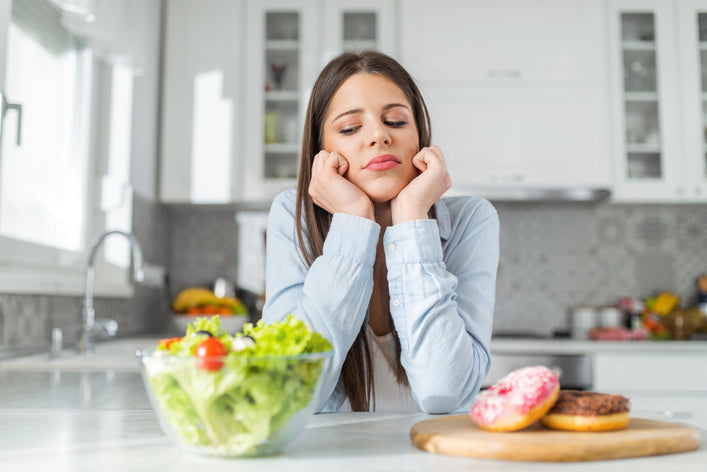

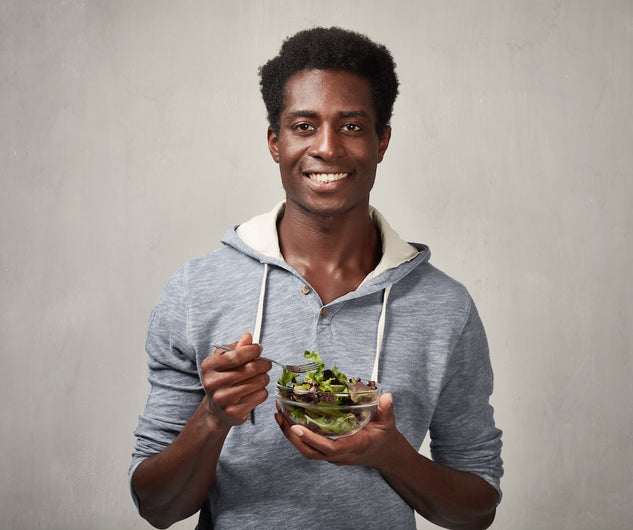
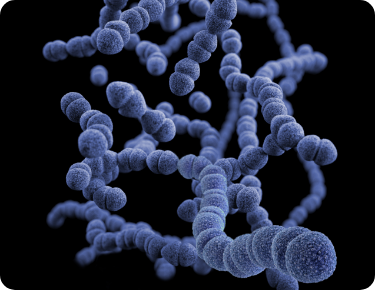

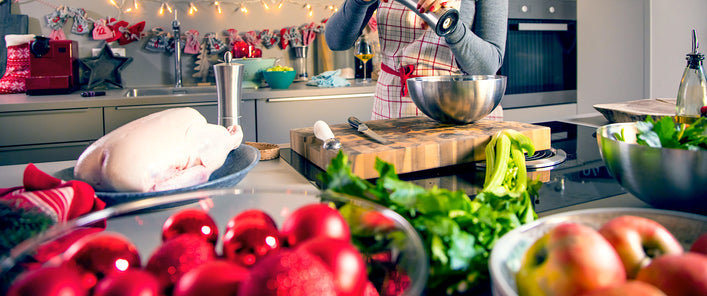
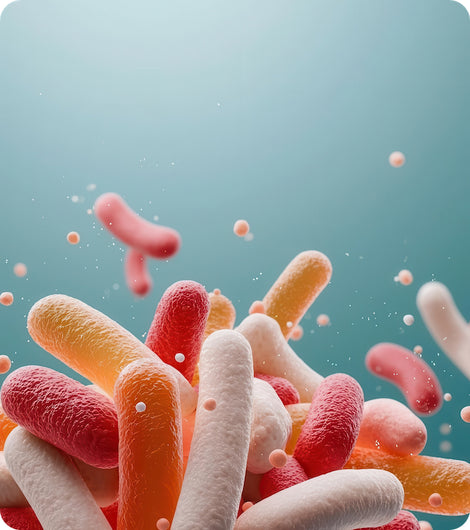


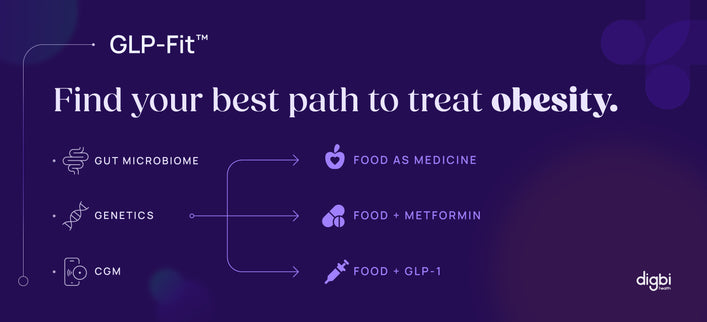

Jun 08, 2020 at 09:09PM